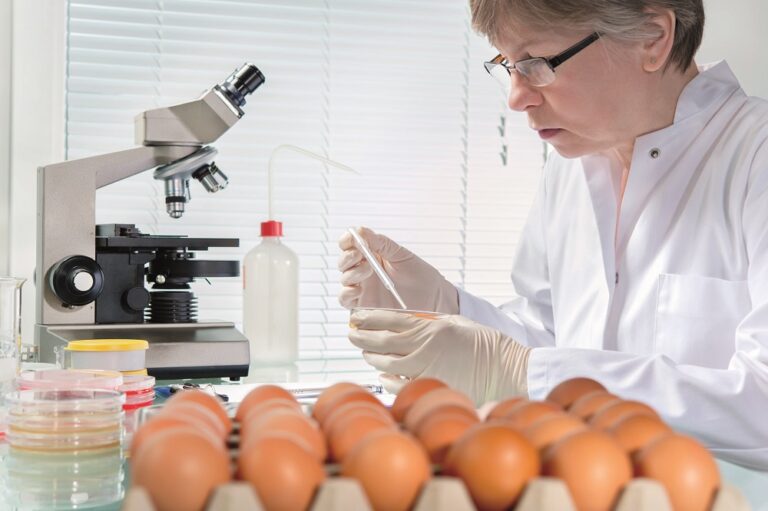Producers warned of potential strike impact on Salmonella samples

Collected Image
Egg and poultry meat producers in England have been told to prepare for disruption to sampling deliveries because of strike action. The National Farmers Union (NFU) said producers need to take appropriate contingency measures to ensure that time-sensitive Salmonella samples reach their destination on time.
Members of the Communication Workers Union who collect, sort, and deliver parcels and mail plan to strike on Aug. 26 and 31 and Sept. 8 and 9. Royal Mail has warned of potential disruption to delivery services.
Rules for Salmonella sampling
Testing is part of the national control program (NCP) for Salmonella. If egg-laying hens are not tested correctly, producers can be fined from £100 ($118) to £4,500 ($5,300). Samples must also be sent to a UK-approved laboratory.
For egg producers, the plan includes a legal requirement that samples must reach the laboratory within four days of being taken. Producers will need to collect more samples if they’re delayed in the mail, or the lab cannot start testing within 96 hours.
Flocks do not need to be tested if all production is for private domestic use or the premises has fewer than 350 hens and supply the consumer directly through farm-gate sales or local retailers. Samples should be sent on the day they are collected or refrigerated at 2 to 8 degrees C (35.6 to 46.4 degrees F) if this is not possible but they must not be frozen.
Different rules apply to broiler chickens, which are raised for meat. Flocks don’t have to be tested if the farm has fewer than 2,000 chickens, meat is for private use or only sold directly to consumers through farm gate sales or to local retailers that only supply consumers.
Samples from flocks must be taken no more than three weeks before the birds are slaughtered. Labels on tests must include information including the date of sample, age and number of birds in the flock, and contact details of the person sending the sample. Samples should be sent on the day of collection or refrigerated at 4 degrees C (39.2 degrees F) but they must not be frozen.
Source: https://www.foodsafetynews.com
Tags :
Previous Story
- Australia's Qantas apologizes to customers for operational problems
- Windstar Cruises eliminates pre-cruise COVID-19 tests
- Intel and Brookfield to jointly invest $30bn to...
- UAE more than doubles investments in Egypt to...
- Gentcreate launches premium leather bags exclusively for men
- Iraq’s foreign currency reserves to hit $90bn by...
- Dick’s Sporting Goods boosts 2022 outlook after second-quarter...
- All-inclusive Rixos Marina Abu Dhabi to open this...